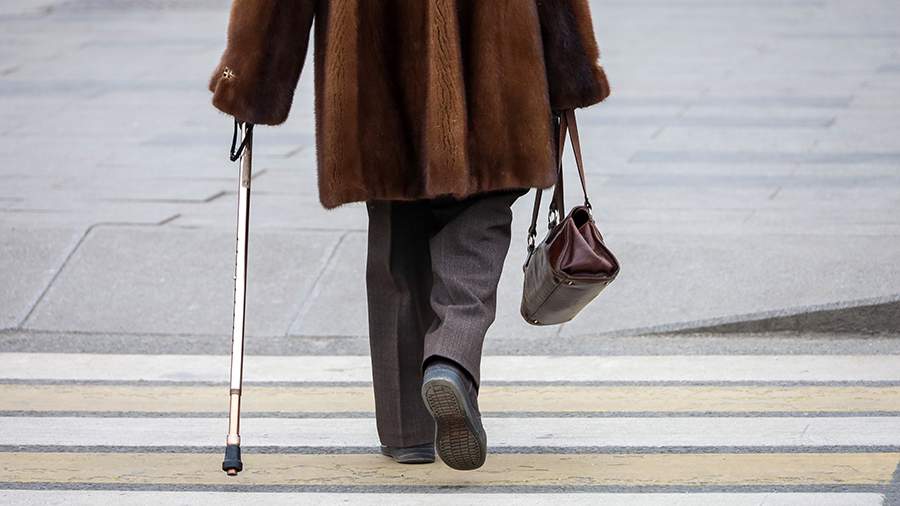The nutritionist spoke about the health risks of the elderly during Lent

Lent is the longest lent in the church calendar, which involves fairly strict dietary restrictions. Dietitian, endocrinologist at SM Clinic, Candidate of Medical Sciences Oksana Mikhaleva told Izvestia on March 4 about the nutritional features for the elderly during this period and the health risks.
She noted that during the fast, all animal products except honey are excluded from the diet, that is, meat, poultry and fish, with the exception of a few days. Milk and dairy products, including butter, as well as eggs and egg products, including pastries, are excluded. In addition, vegetable oil is prohibited on most days of fasting.
Only vegetable products are allowed: vegetables, fruits, cereals, nuts, dried fruits, seeds, herbs and legumes.
"Lent involves quite severe dietary restrictions. However, when it comes to the elderly, the first thing to consider is their health. As you know, various chronic diseases often appear with age. In some cases, strict observance of fasting may not always be beneficial for a person. And if any health problems may arise against this background, then observing too strict a fast is, of course, undesirable," Mikhaleva noted.
Speaking about the problems that older people may face during Lent, the doctor primarily mentioned a protein deficiency in the diet.
"Animal food is the main source of protein for the human body. In addition, animal protein is better absorbed than vegetable protein. Accordingly, during fasting it is necessary to increase the amount of vegetable protein in the diet, which is found in cereals, legumes and nuts. These foods should be consumed every day. But in some cases, such changes in the diet can cause certain problems with the gastrointestinal tract, especially if a person is not adapted to this style of eating," the nutritionist warned.
In particular, according to her, an abundance of legumes can lead to bloating, flatulence and abdominal pain. In addition, such food can irritate the gastrointestinal tract due to the abundance of fiber in its composition.
"Therefore, it is undesirable for people who have intestinal problems (inflammatory bowel diseases, irritable bowel syndrome, bacterial overgrowth syndrome, which often occur in old age) to consume large amounts of foods rich in coarse fibrous fiber. In addition, such food can lead to constipation, especially if a person drinks little water," Mikhaleva explained.
Also, according to her, the elderly may have such a problem as energy deficiency. The fact is that it is more difficult to get it from plant foods, especially when these foods are not rich in fats.
"In Lent, the consumption of vegetable oil is also limited, which is allowed only on certain days of fasting. Accordingly, all food turns out to be low in calories, which can lead to a calorie deficit. And in old age, this is very undesirable, because it is important to maintain a balance of calories in order to maintain all vital functions of the body," the specialist added.A calorie deficit can also occur due to the fact that fiber, which is rich in plant foods, leads to a rapid feeling of fullness, satiety and fullness of the stomach. Because of this, a person may eat less during the day.
The nutritionist advised to consult with the attending physician about what restrictions can still be observed, especially if there are any chronic diseases.
"Remember that the church allows indulgences during lent if there are medical indications for it," concluded the endocrinologist.
Earlier, on February 19, Daria Pronina, an endocrinologist at the Sberbank Health medical company, told Izvestia that href="https://iz.ru/1841202/2025-02-19/endokrinolog-dala-rossianam-sovety-po-podgotovke-k-postu-i-po-ego-sobludeniu " target="_blank">during lent, it is important to diversify the diet by adding new products from among the permitted ones and trying different cooking methods. At the same time, she noted that during the restructuring of the body, especially at first, a feeling of hunger may occur, which entails the risk of overeating lean sweet and flour products. Therefore, according to her, you should eat regularly, without long breaks, focusing on foods rich in complex carbohydrates.
Переведено сервисом «Яндекс Переводчик»
